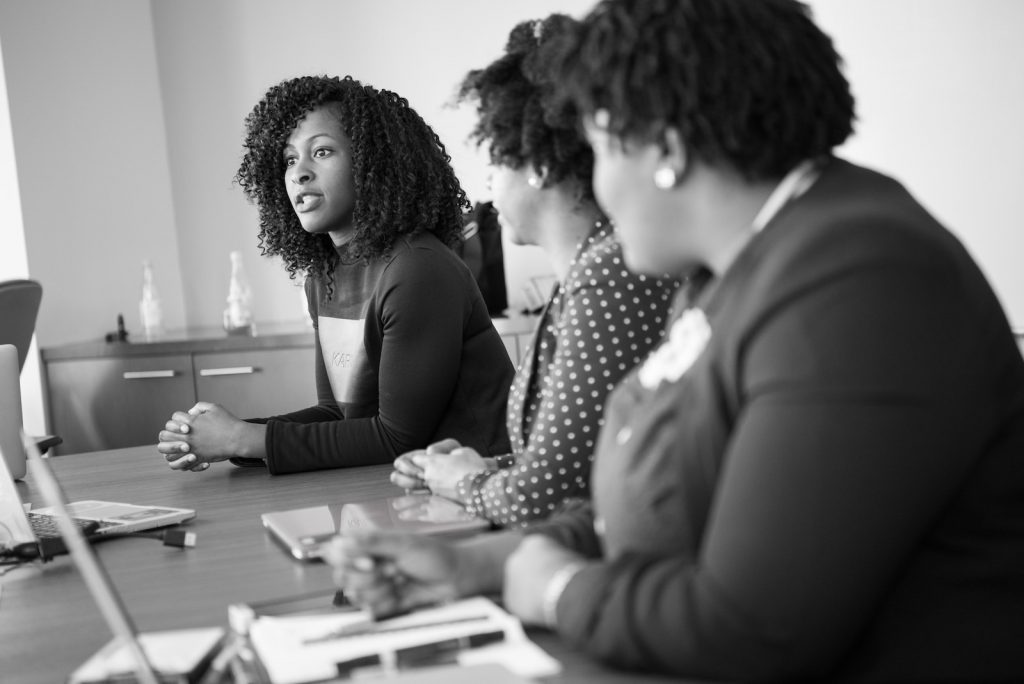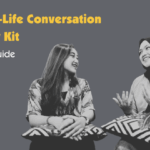Getting to grips with our finite future
The inspiration for the Workshop and the MyGoodbyes Party comes from the Death Café movement — an open forum where groups of people come together to discuss death, and their thoughts or fears around it. Our Workshop and MyGoodbyes Party apply technology and inspirational videos to this concept, enabling groups of loved ones to get their end of life plans on the right track. As a side note, if you get the chance, we very much encourage you to attend a live Death Café.
The challenges of talking about death
Although death is a part of everyone’s life, it remains a taboo subject. Many people avoid it altogether, while others attempt the conversation but feel they didn’t handle it well. MyGoodbyes is here to help you process your thoughts around death and turn them into meaningful conversations.
We recommend starting with this TED Talk by Michelle Knox. Her story is a powerful starting point: when her father passed away from a progressive illness, she discovered that talking about death and planning for it enabled him to experience what she describes as a “good death”. She is living proof that talking about death will not kill you.
From her talk, two main benefits emerge:
Talking about death before you are dying can help you experience a good death and makes conversations and planning far less emotional.
Speaking openly about death enables us to communicate more effectively with those who are grieving.
Why we should talk about death
Most of us have thoughts about how we would like our end of life care to go, the kind of funeral we would like, and what should happen to our belongings. Yet very few of us actually share these wishes with those closest to us, and likewise, we often do not know others’ preferences.
Many of us only consider formalising or communicating our wishes after organising a funeral ourselves or being thrust into making decisions about end of life care for someone else. At that point, we are already in a heightened emotional state. Still, far too few people talk openly about it.
By avoiding the topic of death, we risk:
- Having an end of life experience that does not reflect our wishes
- Leaving our loved ones to face decisions at a very stressful time without guidance
When we have meaningful conversations while we are healthy, they become less emotional and far more practical — and most importantly, we ensure nothing is left unsaid when it is too late.
Regardless of your age, it is never too early to start the conversation about death and funerals. Talking about your own death might feel uncomfortable, but the more you do it, the easier it becomes. And remember, these conversations are ongoing — our thoughts and needs may change over time.



